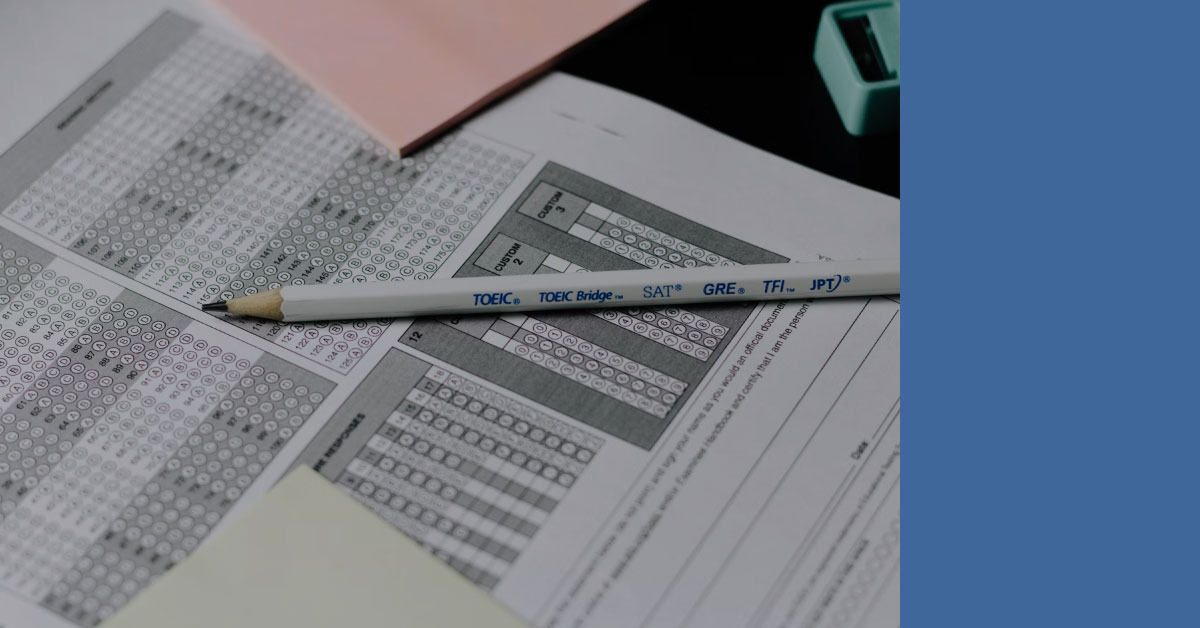- Award-Winning Medicine Application Support
- [email protected]
- +44 (0) 333 050 7764 (Mon-Fri 9AM-5PM)
If you’re in the initial stages of your Medicine application, you might have heard of the BMAT. BMAT stands for “Biomedical Admissions Test” and the clue is in the name – it is an exam you have to sit to be considered for entry into Medicine, Dentistry, or Biomedical Sciences at certain Universities.
In this section, you can find specific advice on each of the sections and how best to prepare for this exam.
BMAT Application Advice
Get ahead of the game today through our free BMAT resources sent directly to your mailbox, completely hassle-free.
Leave your email below for:
Only one click to go, we know you’re tempted…
Application Guide Menu
Application Guide Menu
Recent Posts
If you’re applying to study medicine in 2024 (for 2025 Entry), then you may have
When revising for the BMAT, it’s not a good idea to jump into it blind. By creating a revision plan, you’ll be able to structure your preparation and ensure you get the best results. This guide will show you exactly how to do this!
When you’re taking the BMAT, this is going to be the first thing you’re going to have to do! Section 1 broadly covers two types of questions, both of which cover very general skills and do not focus on content knowledge. This guide will show you everything you need to know about this section and give you some tips on how to prepare.
There are 6 universities in the UK that require the BMAT for medical and dentistry applications. We’ll take you through each of these universities, how they use the BMAT in their application process and where you can get in with a higher, average or lower score.
Cambridge Assessment Admissions Testing has announced the date changes to some of their Admissions Tests including the BMAT. Here’s how the changes will affect you.
It’s time to take a look at Section 2 of the BMAT! Section 2 frequently causes pain and strife for students, and it’s often the section that students email us about afterwards saying it was horrendous. This guide will give you an introduction to what you need to know and how you should study for Section 2 of the BMAT.
Up until now, most of your exams have probably been scored as a percentage, with the aim of getting 100% (or as close as you can). The scoring of the BMAT is slightly different, and this guide will help you decipher how this works and how to interpret your results.
Section 1 of the BMAT is made up of two parts, we look at the Critical Thinking questions.
Here is the BMAT Special Consideration information for applicants whose exam performance was affected by factors like power or connectivity issues.
One of the two parts that make up Section 1 of the BMAT is Problem Solving, we look at everything you need to know.
If you’re applying to study medicine in 2024 (for 2025 Entry), then you may have

When revising for the BMAT, it’s not a good idea to jump into it blind. By creating a revision plan, you’ll be able to structure your preparation and ensure you get the best results. This guide will show you exactly how to do this!

When you’re taking the BMAT, this is going to be the first thing you’re going to have to do! Section 1 broadly covers two types of questions, both of which cover very general skills and do not focus on content knowledge. This guide will show you everything you need to know about this section and give you some tips on how to prepare.

There are 6 universities in the UK that require the BMAT for medical and dentistry applications. We’ll take you through each of these universities, how they use the BMAT in their application process and where you can get in with a higher, average or lower score.

Cambridge Assessment Admissions Testing has announced the date changes to some of their Admissions Tests including the BMAT. Here’s how the changes will affect you.

It’s time to take a look at Section 2 of the BMAT! Section 2 frequently causes pain and strife for students, and it’s often the section that students email us about afterwards saying it was horrendous. This guide will give you an introduction to what you need to know and how you should study for Section 2 of the BMAT.

Up until now, most of your exams have probably been scored as a percentage, with the aim of getting 100% (or as close as you can). The scoring of the BMAT is slightly different, and this guide will help you decipher how this works and how to interpret your results.

Section 1 of the BMAT is made up of two parts, we look at the Critical Thinking questions.

Here is the BMAT Special Consideration information for applicants whose exam performance was affected by factors like power or connectivity issues.

One of the two parts that make up Section 1 of the BMAT is Problem Solving, we look at everything you need to know.
unlock infinite medical wisdom
Just leave your email in the box and you’ll receive weekly updates and the best tips for your medical application!
unlock infinite medical wisdom
Just leave your email in the box and you’ll receive weekly updates and the best tips for your medical application!
Pay with confidence
Pay with confidence